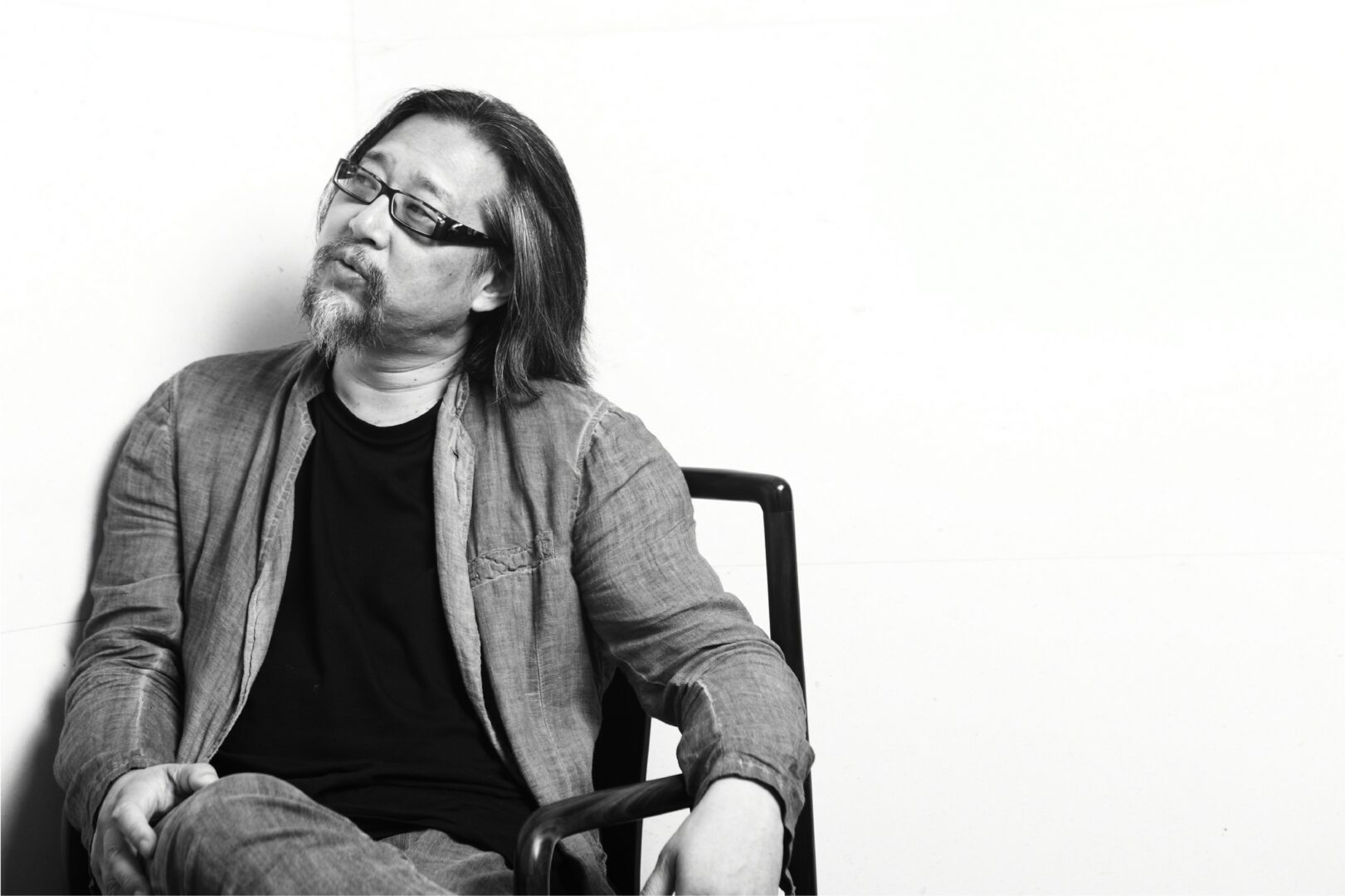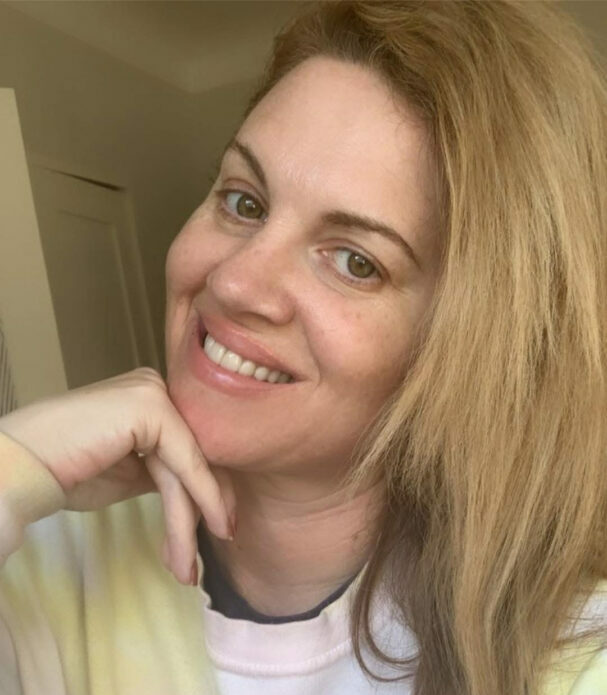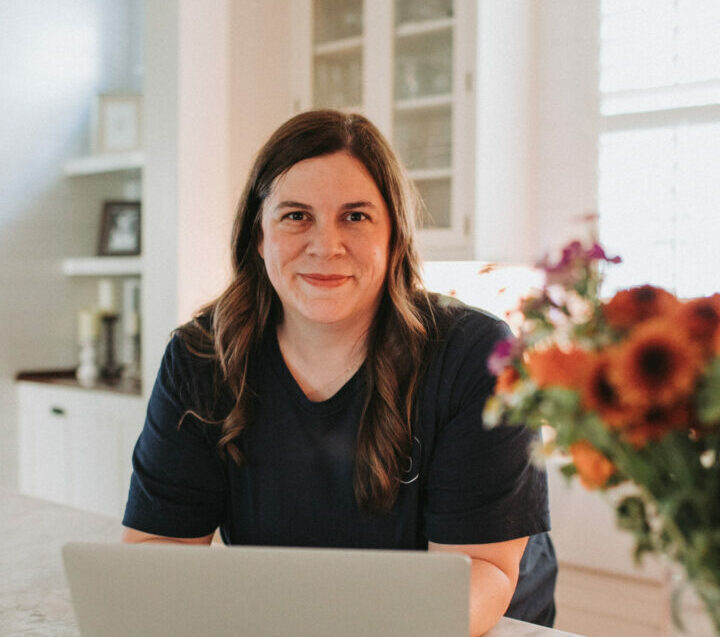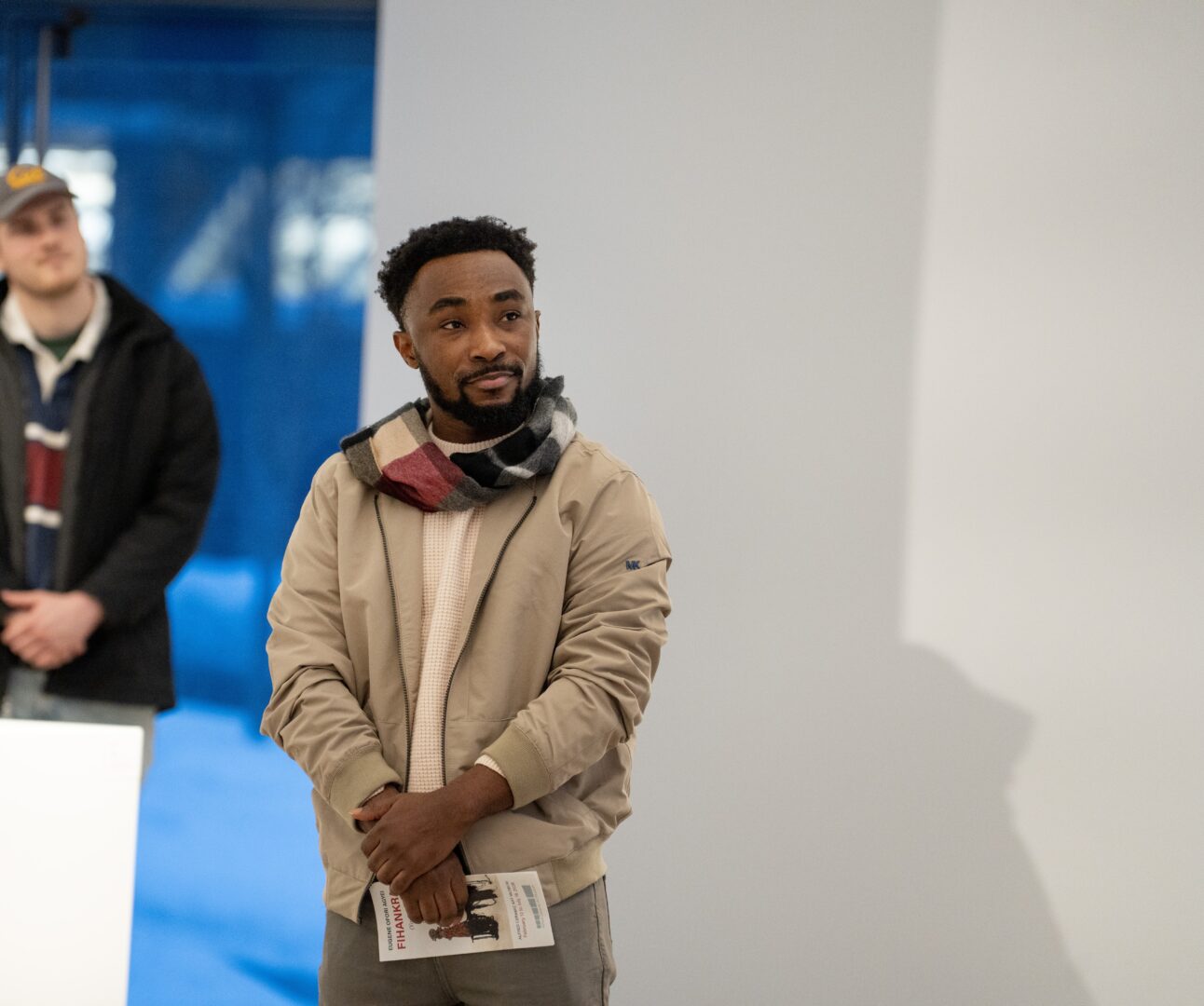We were lucky to catch up with Stan Lai recently and have shared our conversation below.
Stan, appreciate you making time for us and sharing your wisdom with the community. So many of us go through similar pain points throughout our journeys and so hearing about how others overcame obstacles can be helpful. One of those struggles is keeping creativity alive despite all the stresses, challenges and problems we might be dealing with. How do you keep your creativity alive?
I keep my creativity alive through a constant fascination with life. I have been blessed with continuous creativity, for over four decades, in which I have been the most performed playwright in the Chinese language, with over 40 original full length productions, directed by myself. I consider myself a storyteller, but the stories I tell usually are not from other sources like novels, but they come from things I see and hear in my own life.
There is a constant dance between life and art. As an artist, you must understand that your art comes from life and not vice versa. If you are a keen observer of life, then there is no hierarchy between stories or characters. The fate of a prince is no more worthy of consideration than that of a humble street sweeper. A simple strand of sunlight on your bedroom window can be as beautiful as a dramatic full moon rising above the Taj Mahal. Everything is equal, and if you can see that, if you can see the beauty of that, creativity will never cease. Anything can become your starting point for an interesting story, a beautiful shape, a song, a poem.
I have been called a pioneer, and I do admit that my work has been influential in the development of the Chinese language theatre since the 1980s. It certainly was a bold journey to start making theatre in a place where there was no theatre industry, no professional actors or writers or directors or designers. That was Asia in the 80s. You might think that anyone who tried working under those circumstances was crazy, and I guess in a way I was, but I did realize that under the most impoverished circumstances perhaps lie the most fertile possibilities. To start with nothing really forces you to be creative, and you are pushed back to re-examine what is truly essential about your art.
I was blessed with success in my first professional work, and my audience has been kind to me throughout over 40 years of producing new work. This brings more pressure when working on new pieces, because each new work is a social responsibility. Having done it for so long gives me the ability to be reflective about it all, and I realize more and more that works that are worthy to be presented to a public are those that are beneficial for that public. This may sound obvious, but all too often we overlook how selfish creative work can be, and how we are more into serving our own self interest than our audience’s.
This sets up another angle to keep your creativity alive, which is to never stop asking why you want to be creative. Perhaps you feel entitled, and maybe well you should be, but entitlement isn’t free. You need to examine why you are doing what you are doing. I know it’s hard. It’s so hard to even wrap your head around what you’re trying to do. How can you worry about why? But I find that only through the “why” can you maintain longevity as a creative person.
Creativity is always there, flowing around us, but we are not always able to access it. To keep your creativity alive, you need to always be able to tap into the flow around you. You need to have the key to access it at any time. If you prepare yourself to be a good vessel, creativity will always flow into you, and creative work, however difficult, will not seem so hard.
Maybe one of the reasons I have not dried up, and my creativity has kept flowing over these years, is that my curiosity for the world, for life, for people, has never dried up, and in fact it has transformed over the years, and is now tinged with the shade of compassion. These days when I walk down the street, when I observe people, I try to trade places with them and see the world through their eyes. By doing this, you are in the right viewpoint to be creative, which is always humble, toward life, and toward art.
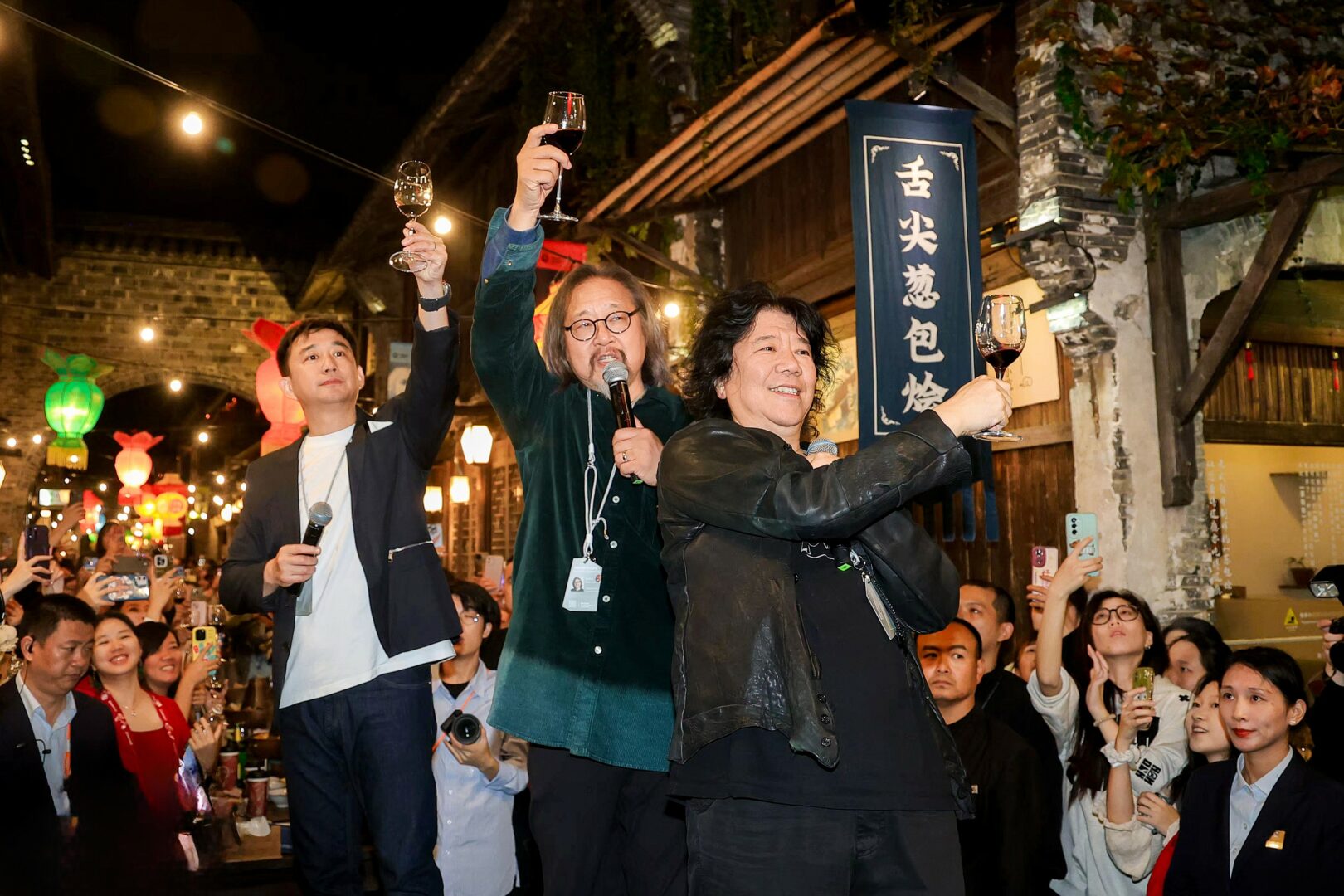
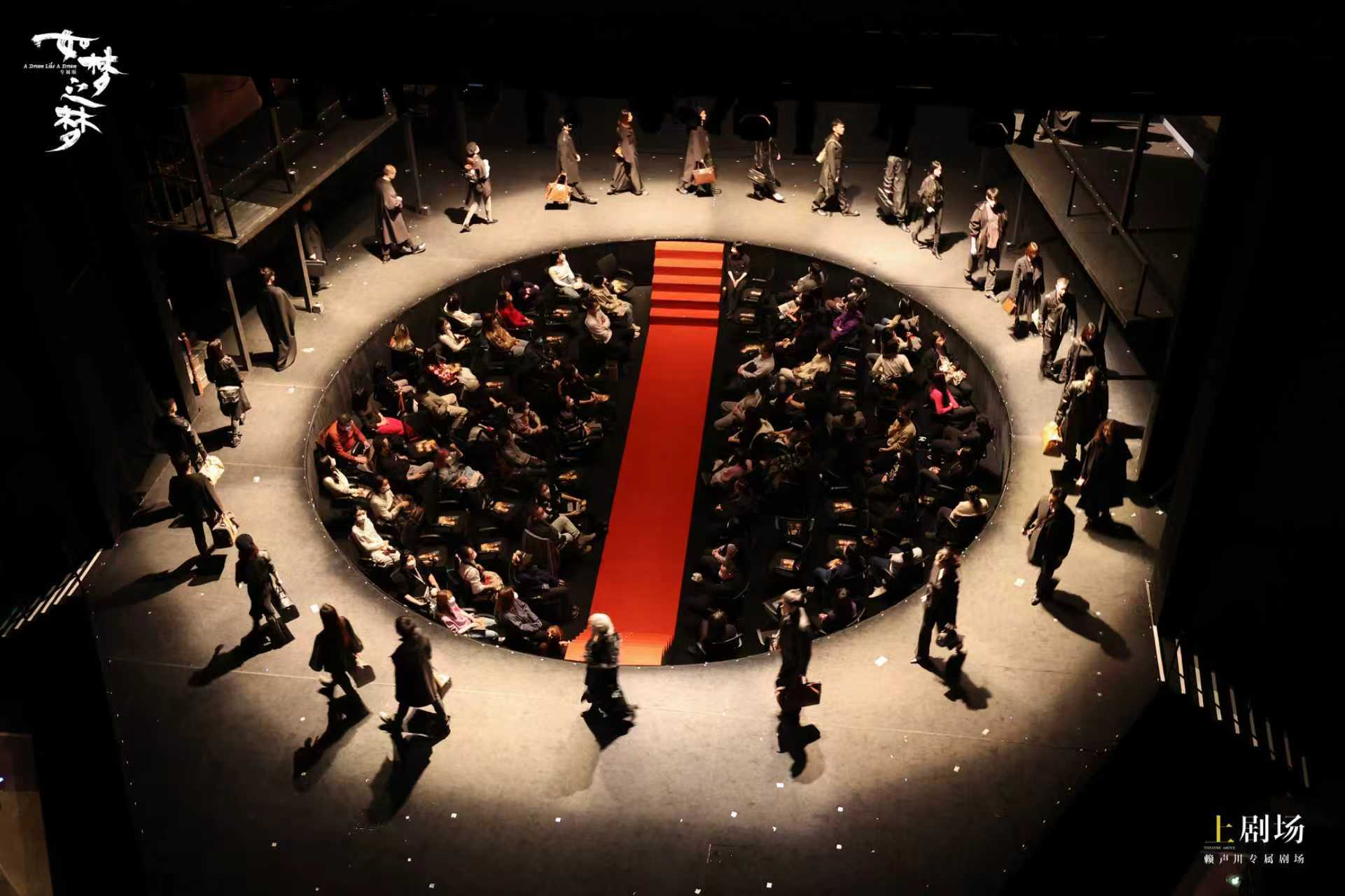
Great, so let’s take a few minutes and cover your story. What should folks know about you and what you do?
The theatre is my life. For over 40 years, I have been writing and directing new original plays, mostly in Asia, and many consider me a pioneer, as well as the most performed playwright in the Chinese language. I have also taught at university level for over 20 years, and developed my own theory about how to teach creativity. Work has been nonstop, for you may know that theatrical production is very labor-intensive, and you cannot leave any detail unattended. I feel very blessed to be able to work so hard on something I love so much. More recently, I have founded what are considered important theatre festivals: the Wuzhen Theatre Festival near Shanghai, China has since 2013 become the preeminent theater festival in Asia. In 2024 I inaugurated the Huichang Theatre Village in my father’s hometown in Jiangxi Province as an homage to him, and a social experiment to see how the arts might transform a previously impoverished rural town in China.
It’s a busy life. This year alone, 14 of my plays in 22 different productions directed by me are being performed in different cities like Taipei, Shanghai, and Beijing. MIT is doing two productions in November of my work, including the eight hour A DREAM LIKE A DREAM in English, based on my own translation published by the University of. of Michigan Press. I shuttle between cities, where I enjoy the camaraderie of the artistic circles in the Chinese world, and the international world at festivals. I also love to engage with other artists in public dialogues where we often are able to dig very deep, into profound places, about the creative act. Not too long ago I was on stage with the late Robert Wilson, and Robert LePage, and our dialogue was something to truly cherish, since Mr. Wilson is no longer with us. I am most proud this year of publishing CREATIVITRY: ASIA’S ICONIC PLAYWRIGHT REVEALS THE ART OF CREATIVITY, bringing this best-selling work (one million copies in Chinese) to the West. I am of course, proud of the 40th anniversary of my theatre group, Performance Workshop, which is based in Taipei, and the 10th anniversary of my theatre, Theatre Above in Shanghai, which is dedicated to the performance of my works. If you are in Shanghai or Taipei, and interested in seeing my work, check it out!
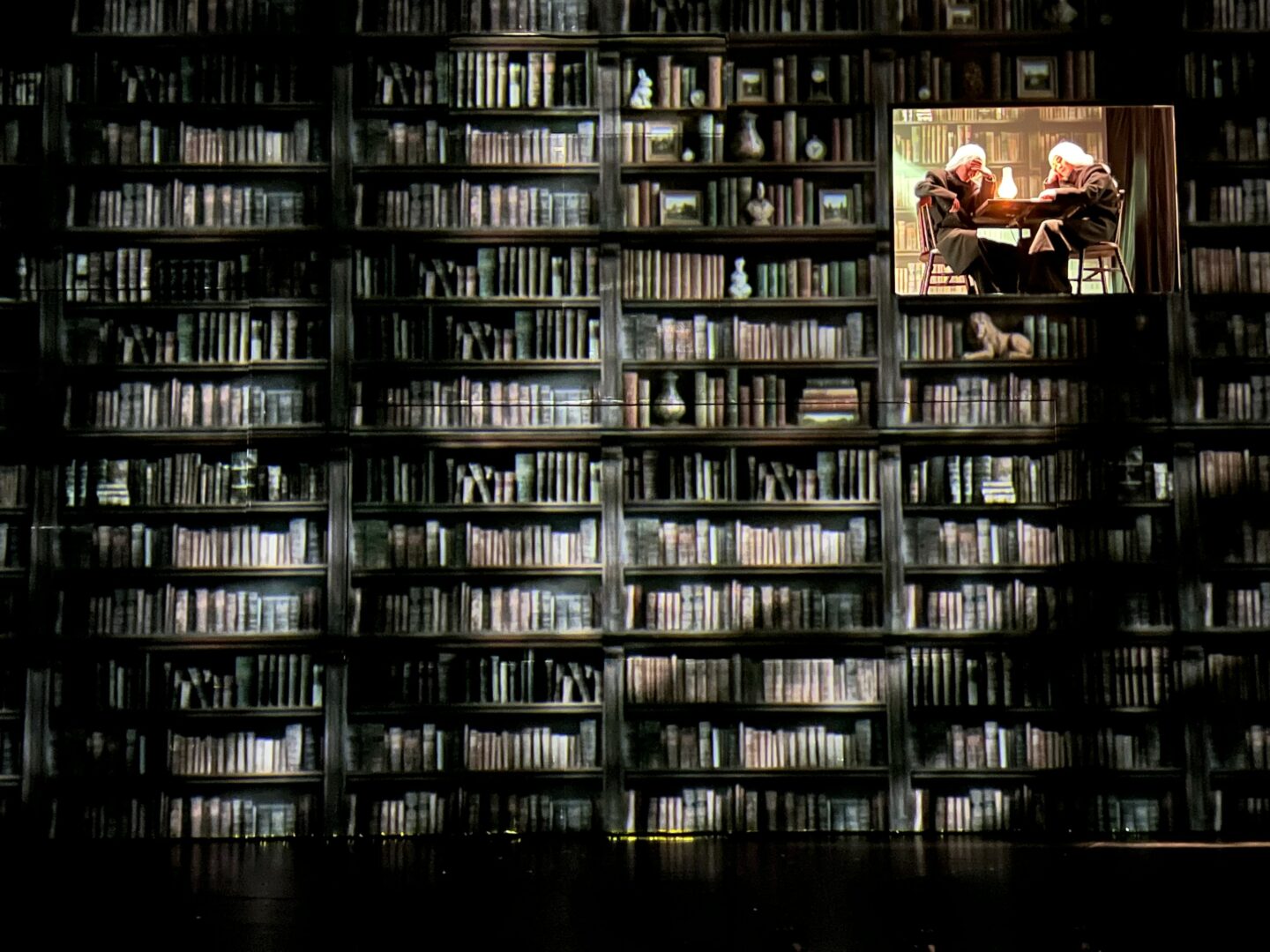
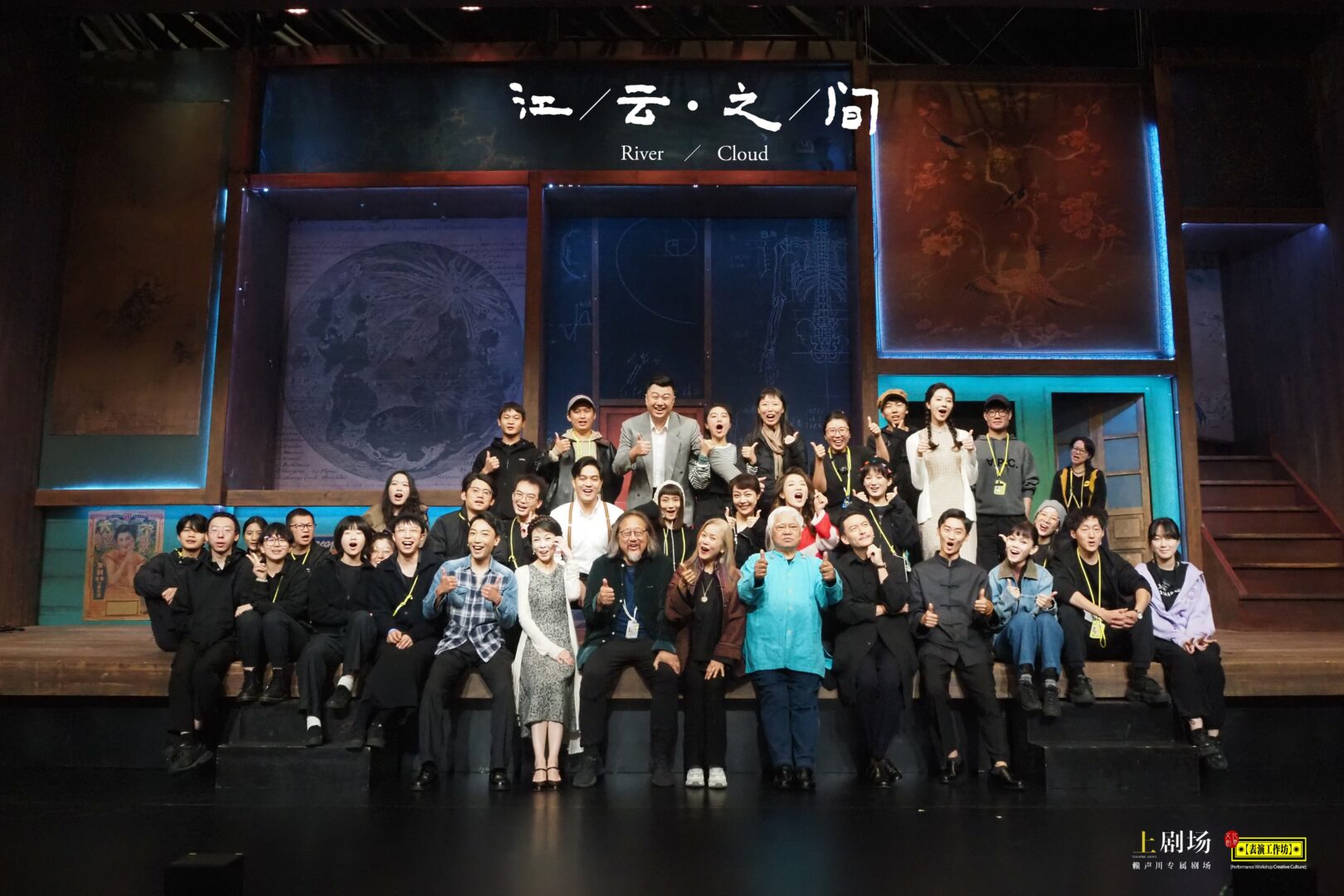
There is so much advice out there about all the different skills and qualities folks need to develop in order to succeed in today’s highly competitive environment and often it can feel overwhelming. So, if we had to break it down to just the three that matter most, which three skills or qualities would you focus on?
1. Assemble your toolbox. Meaning, gain fluency in all of the tools of your trade.
2. Study life with compassion. The source of all art is life. You need to have a deep understanding of it on your own terms in order to have your own unique, creative voice. Compassion gives you a broader angle on things, and is much more useful to you than prejudice or pride.
3. Humility. He who is arrogant is like a full vessel with no room to fit anything new in; she who is humble is like an empty vessel, that can accommodate anything and everything.
Referring to my book, CREATIVITRY, numbers one and two deal with the method aspect of your creativity, and number three deals with the wisdom aspect. Wisdom and method must go hand-in-hand in the creative journey. For you who are just starting out, diligence and perseverance are necessary qualities to be able to work on these three. Be sincere and honest, to your work, to your friends, to your colleagues, to yourself.
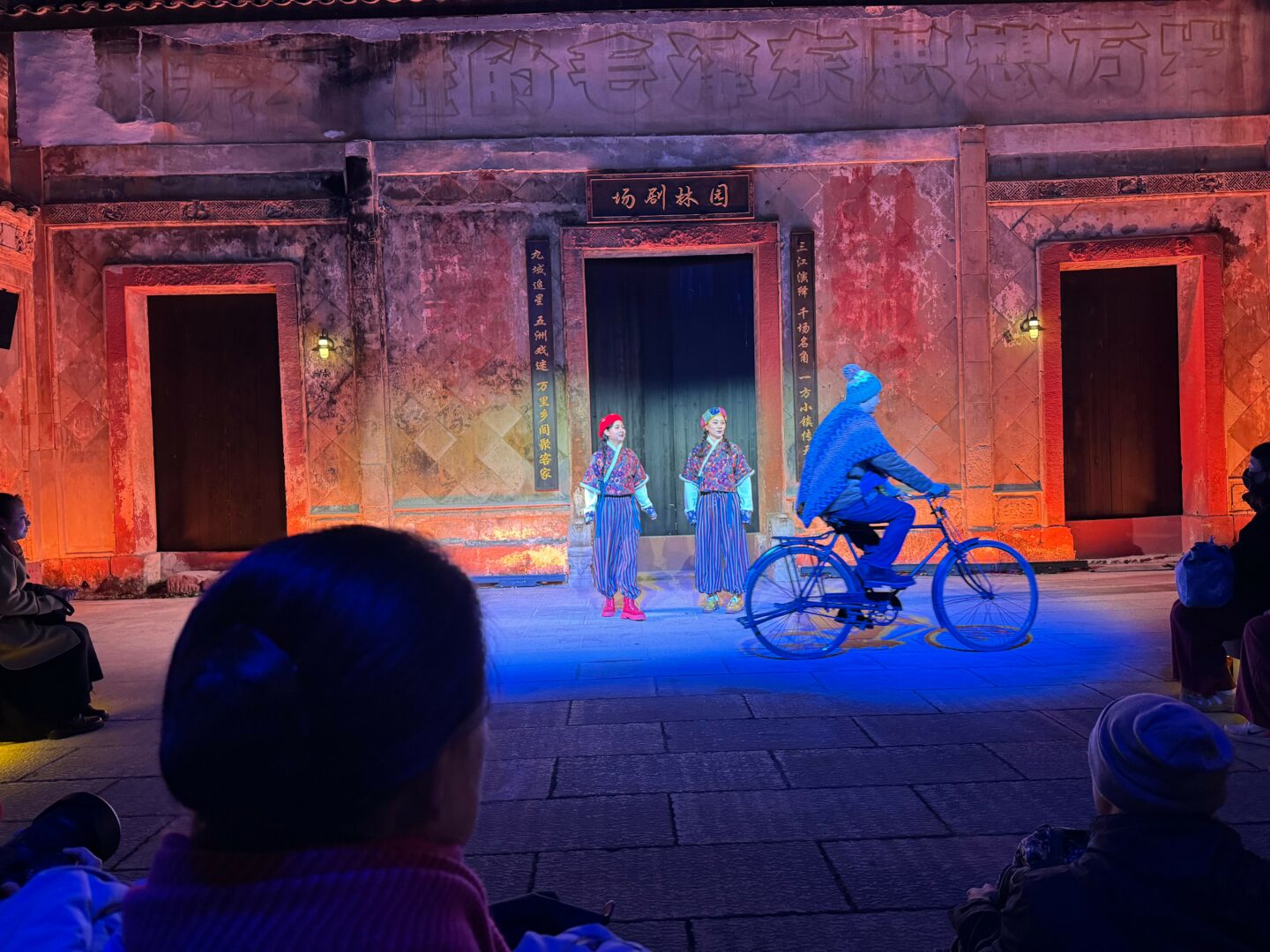
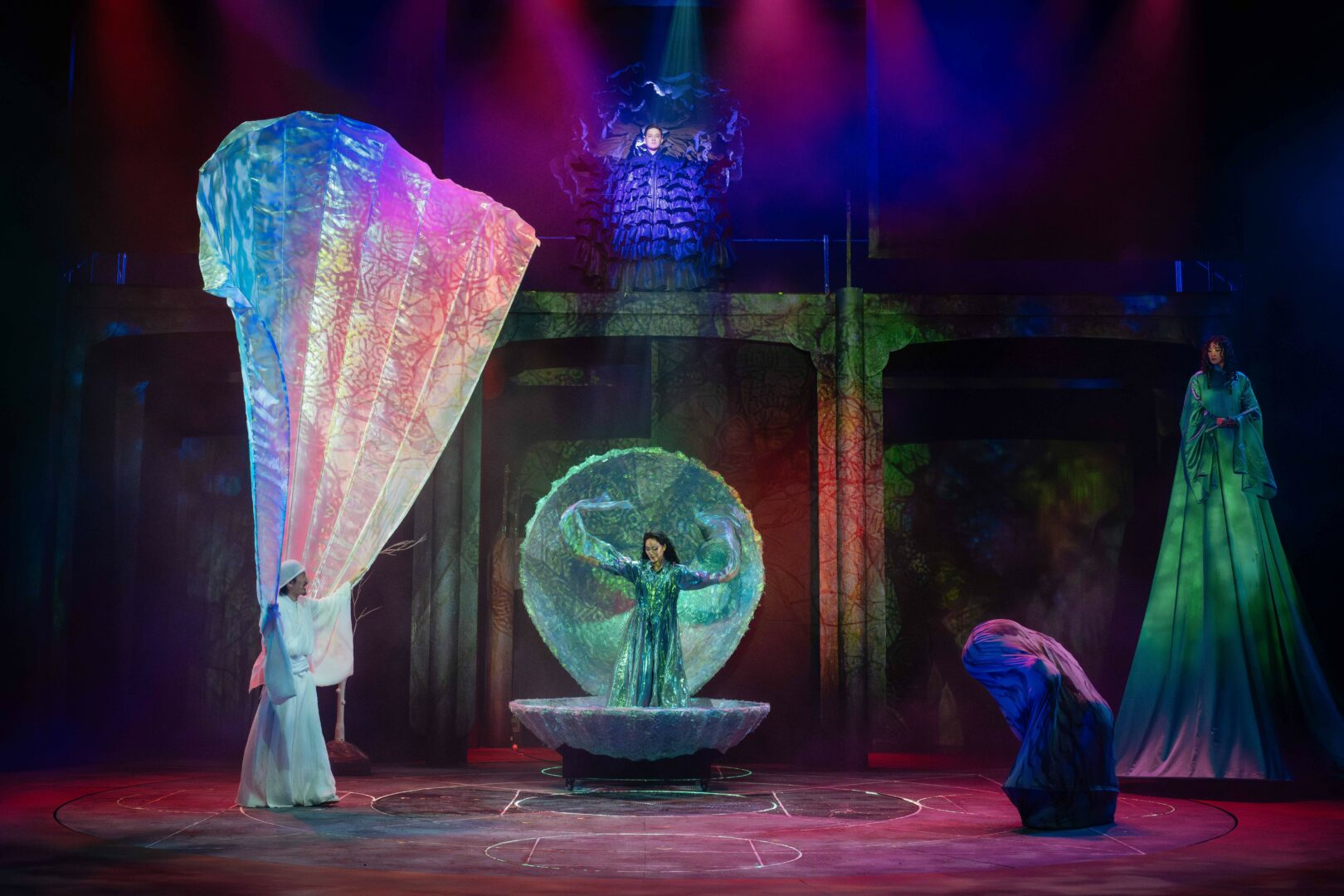
What was the most impactful thing your parents did for you?
The most impactful thing my parents did for me was to let me be, to let me become who I am. Growing up in Asia, in my day, creativity was something to be discouraged, and to become an artist would be the most woeful thing that could happen to a family. Maybe second-most woeful, next to becoming an actor. All of my friends became engineers and doctors. There was absolutely no future for any young person interested in the arts. My dad passed early, when I was 14. My mom raised me as a working single parent, and truly the thing that I am most grateful to her is that she never suggested what direction I should take in life, and never questioned my artistic talent. Maybe this doesn’t sound like much, but if you have lived in Asia, you know how difficult this would be. It also is a lesson, to myself, to my wife, on how we should raise our own children. My kids are now grown, and have kids of their own. We took our lesson well. We gave our kids unlimited love, but never demanded anything in return, nor did we point them in any particular direction. They were free to find themselves, and they have. I am proud of them, and can’t help but think that they were spared a planned life because of the actions of their grandmother.
Contact Info:
- Website: https://www.pwshop.com/en/about_us/stan-lai-lai-sheng-chuan/
- Instagram: Stan Shengchuan Lai
- Youtube: https://www.youtube.com/watch?v=mON1F2pv4QI
- Other: https://www.amazon.com/Creativitry-Playwright-Reveals-Creativity-Performance/dp/1839993952/ref=sr_1_1?crid=1SS9B22Q0A3HN&dib=eyJ2IjoiMSJ9.5GzGe_KufE3NJw-Gvkyr3g.Vtn1wms5CufKp4Pw948oCS-tisbp8W04hMdQUoLD724&dib_tag=se&keywords=creativity&qid=1759820376&sprefix=creativity%2Caps%2C411&sr=8-1
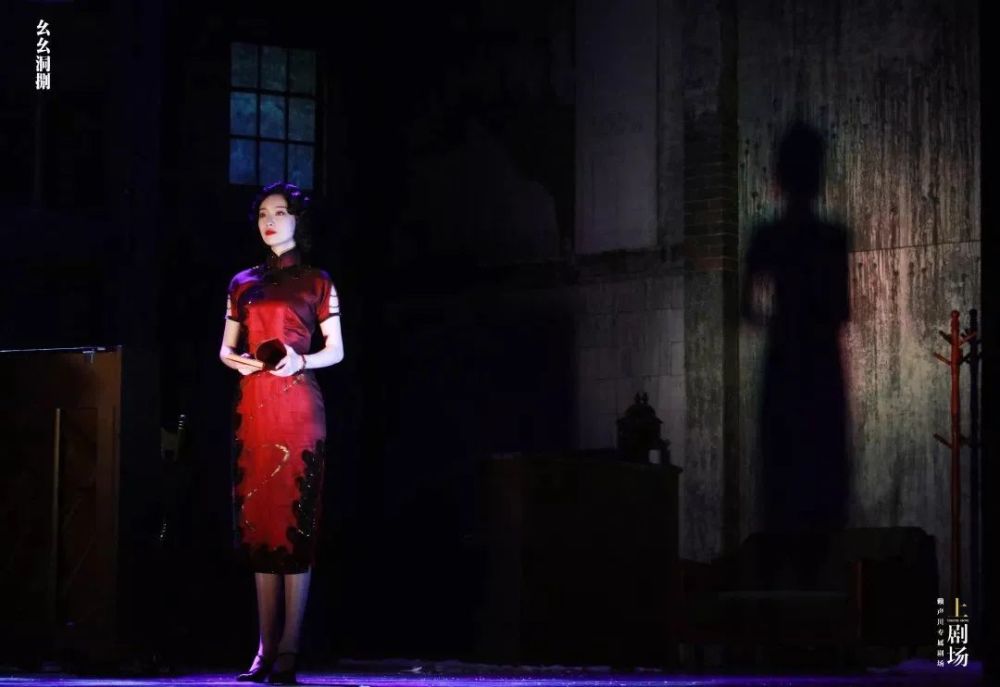
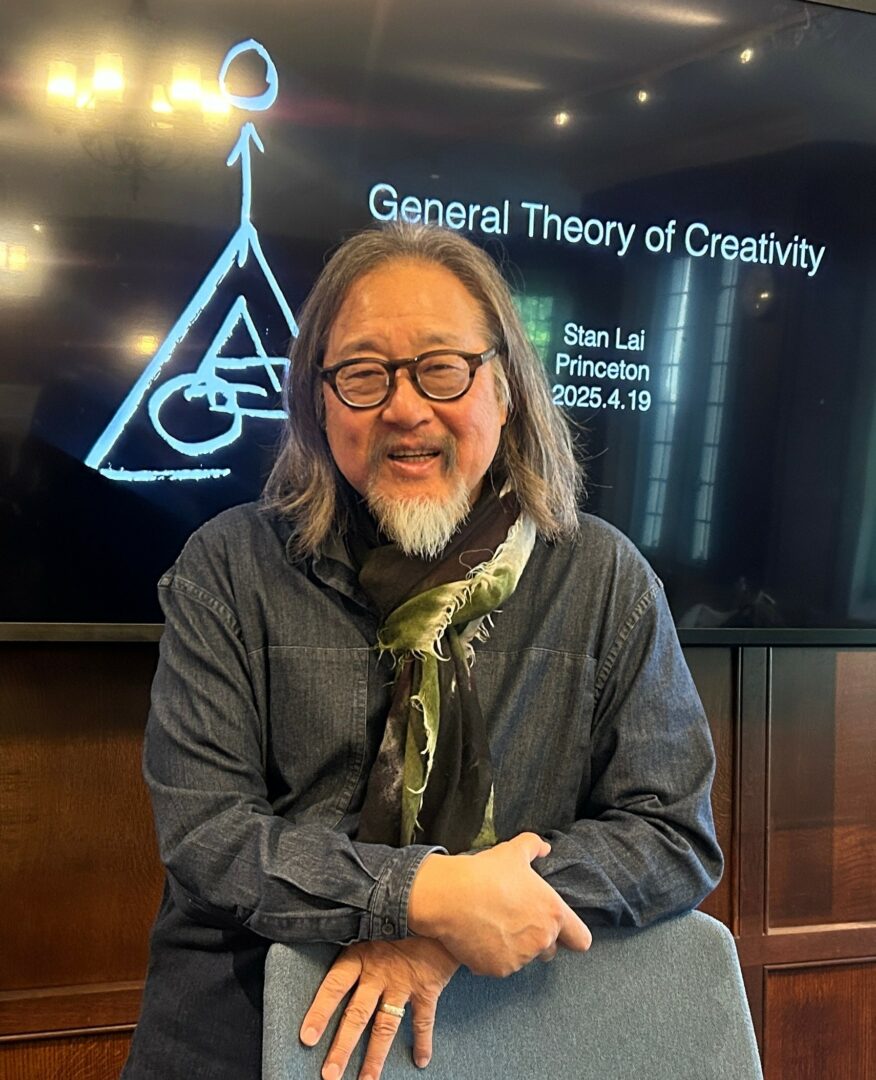
Image Credits
Photos courtesy of Performance Workshop and Theatre Above.
so if you or someone you know deserves recognition please let us know here.

